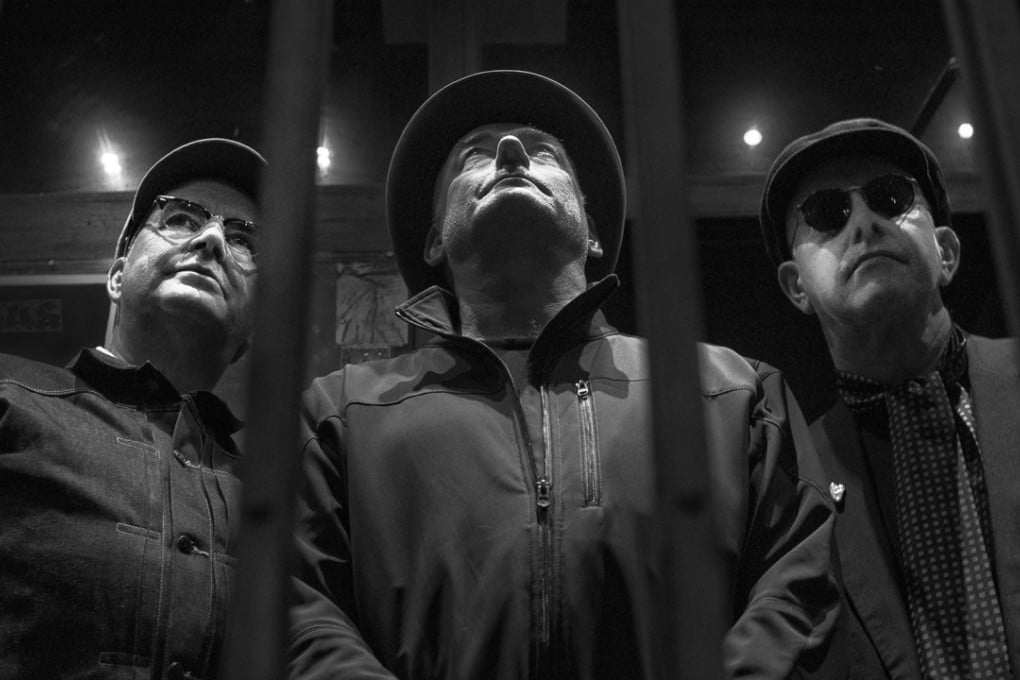British 1970s punk legends The Ruts DC on making their Hong Kong debut at the Fringe
Bassist and songwriter John ‘Segs’ Jennings talks about anger, positivity, the early days of punk, the band’s involvement in the anti-fascist movements of the 1970s and the excitement of their first visit to Hong Kong and Japan

It’s about anger, but to me it’s also about providing – as a 61-year-old punk – part of the solution as well. I’m trying to be more positive in the songs
The good news is that, four decades later, they’re still raging. If that wasn’t obvious from title of their latest album, Music Must Destroy, then long-time bass player and songwriter John “Segs” Jennings paints it clearly in an interview ahead of the punk band’s first performance in Hong Kong the end of the month.
“What it’s about to me, right now, is trying to fight back – still – against a whole corporate view of life,” says Jennings, who brings a reformed and renamed version of the band, Ruts DC, for a show at the Fringe Club on January 31. “We’ve come back with an album and, you know, I’m surprised at myself, while writing all the lyrics, that I’m still quite angry.”
Now an amiable gent living in south London, Jennings is far from the wild kid who helped pen anthems such as Babylon’s Burning and Staring at the Rude Boys, songs that lacerated the establishment of 1970s Britain and helped usher in a brasher, politicised version of punk.

The scruffy clothes may have been replaced by sharp black Blues Brothers suits and fedoras, and the screams have given way to humorous banter, but the punk ire still seethes in his heart.
“It’s about anger, but to me it’s also about providing – as a 61-year-old punk – part of the solution as well,” he explains. “I’m trying to be more positive in the songs. Back in the day it was more about complaining. Now we’re trying to give some sort of solution.”